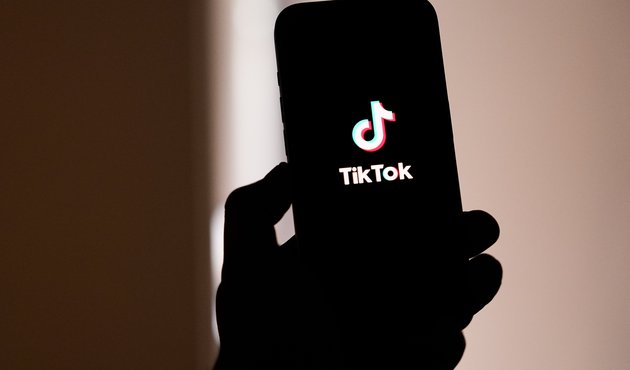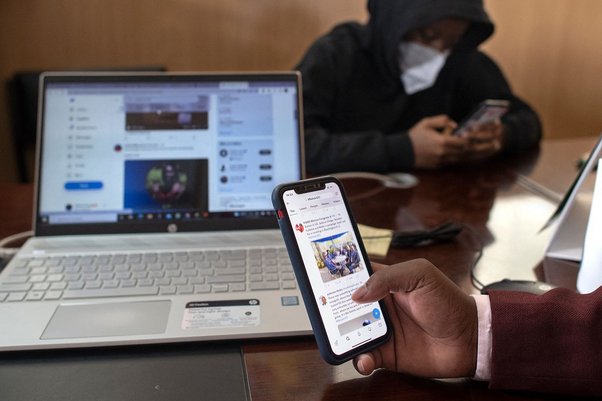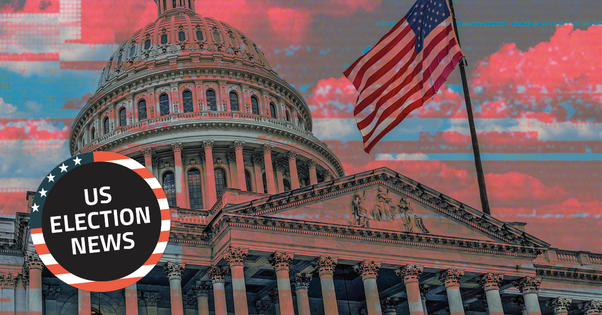Despite taking a strong stance against climate misinformation, TikTok is still failing to enforce its own policies against climate denial in video comments
During COP, the most significant climate summit in the calendar, it is vital that people’s access to accurate and reliable climate information is protected.
TikTok is one of the few major social media platforms that explicitly forbids climate change misinformation from being posted on their services.
However, when we scrutinised the comments posted on videos about COP29 that major news organisations had published, we found climate denial in plain sight.
And when we reported comments that violated TikTok’s policies through its in-house reporting tool, TikTok’s moderation system removed almost none of them (1/20).
This raises serious questions about whether TikTok is adequately resourcing and investing in content moderation on its platform, especially during a particularly high-risk period when climate misinformation was likely to spike.
Climate denial slips through the net on TikTok
We reported 20 comments that included climate denial to TikTok using the platform’s in-house reporting tool.
The comments that we reported included claims that:
- There is “no such thing” as climate change
- Climate change isn’t real, is a “hoax” or is a “made-up lie”
- That climate change is not man-made or a result of human activity
These comments were made on the channels of news organisations, whose videos have collectively received more than 3 million views (as of 18 November 2024).
We reported comments for “harmful misinformation”, which, according to TikTok’s community guidelines, includes “climate change misinformation that undermines well-established scientific consensus, such as denying the existence of climate change or the factors that contribute to it.”
Only one comment that we reported was removed for violating the community guidelines. Another near-identical comment that we reported was not removed. The remaining comments received a response stating that there was no violation.
The risk of climate misinformation on TikTok
Given that people are increasingly using TikTok as a source for news, contamination of reliable climate information with misinformation is particularly concerning.
The comments we surveyed appear on high-profile and highly visible videos about COP29, some of which appeared in the “top” recommended results for searches about COP29 on the platform.
They were not hidden in climate change denial channels or closed groups. Instead, they directly targeted credible UK news sources such as the BBC, ITV and Channel 4 News.
Research commissioned by TikTok has found that 77% of users say they read the comments on TikTok videos.
These risks are exacerbated given that COP29 is a live and highly publicised climate event, when people might seek out climate-related information online.
What does this mean about TikTok’s moderation systems?
TikTok should be commended for recognising in their policies the threat posed by climate change misinformation, and for providing users with an option to report it for removal.
This goes further than many other social media platforms to tackle the risks of climate misinformation.
When searching for “COP29” on the platform, we also noted that TikTok had a “#COP29 For Climate Action” banner above the search results, which linked users to trusted information about COP29 on the United Nations Framework Convention on Climate Change official page.
However, our investigation shows the policy is clearly not working as it was designed to. Our findings also come at a time when TikTok is reportedly planning to lay off staff responsible for content moderation and safety, including at least 125 people who work in the UK.
There are symbolic gestures towards a general idea of "doing our part against climate change" but nothing substantial, nothing of real consequence
A current TikTok employee working in their content moderation team, who asked to remain anonymous, told us that TikTok was increasing its reliance on automated and outsourced content moderation. In their view, this had increased the amount of misinformation and hate speech allowed on the platform.
John Chadfield, the national officer for tech for the Communication Workers Union, which represents social media moderation staff in the UK, told us: “Automated moderation should be a tool used by experienced human moderators, not as a replacement.
"So-called 'Human in the loop' setups aren't good enough; platforms simply need to accept that as they grow, so do their content moderation teams.
"Diverting investment to known problematic 'AI' solutions puts TikTok's users at risk. We want to engage with TikTok and encourage them to support and reinforce their in-house moderation teams.”
We call on TikTok to investigate why they failed to take action on clear examples of user-reported climate denial.
TikTok must also ensure that its systems protect human rights and democracy, including by assessing how it manages content on the platform. We call on them to:
- Properly resource efforts to uphold information integrity in all the countries they operate in around the world, including paying content moderators a fair wage, allowing them to unionise and providing them with psychological support
- Robustly enforce policies on mis- and- disinformation, for both organic and purchased content
We approached TikTok for comment on this investigation.
TikTok reiterated that its Community Guidelines do not permit climate change misinformation that undermines well-established scientific consensus.
TikTok told us that it has long used a mix of human and automated moderation, with significant investment into and staffing of trust and safety.
TikTok said it has specialized moderators and content queues for certain topics like misinformation, and that they are supported through a variety of measures including quality control, tools and training. It also said that its proactive detection rate for content which violated its policies had improved, claiming that in Q2 2024, over 98% of videos identified as violative were removed by TikTok before a user report.
TikTok told us when we first approached it for comment that it had removed all 20 comments that we flagged to it. However, we subsequently noticed that one of these comments still had not been removed, three days after TikTok informed us that it had been.
TikTok also told us that they had partnered with creators around the world to support a better conversation around COP and help engage new audiences in climate conversations. They mentioned that well-known figures such as Neil deGrasse Tyson had made videos about COP.
However, the comments on Neil deGrasse Tyson’s COP video also included climate denial which had not been removed by TikTok. This was despite TikTok For Good’s official account having commented on and endorsed this video.
After we approached TikTok again, they responded confirming they had removed the remaining comment, as well as additional comments which violated their policies on Neil deGrasse Tyson’s and another video, and would continue to monitor for new attempts at spreading harmful misinformation.
Methodology
We reviewed videos posted by major news organisations in English from 12-18 November 2024 for videos which mentioned COP29.
Of these, we reviewed comments on the videos that denied the existence of climate change or the factors that contribute to it (and so fell under TikTok’s "harmful misinformation" policy).
We then reported these to TikTok using the in-platform reporting mechanism against the "harmful misinformation" option.
We reported 20 comments to TikTok. One comment was removed. The others were reviewed and we received a response saying that the comment did not violate community guidelines. After we approached TikTok for comment, they told us that they had removed all of the other comments.



